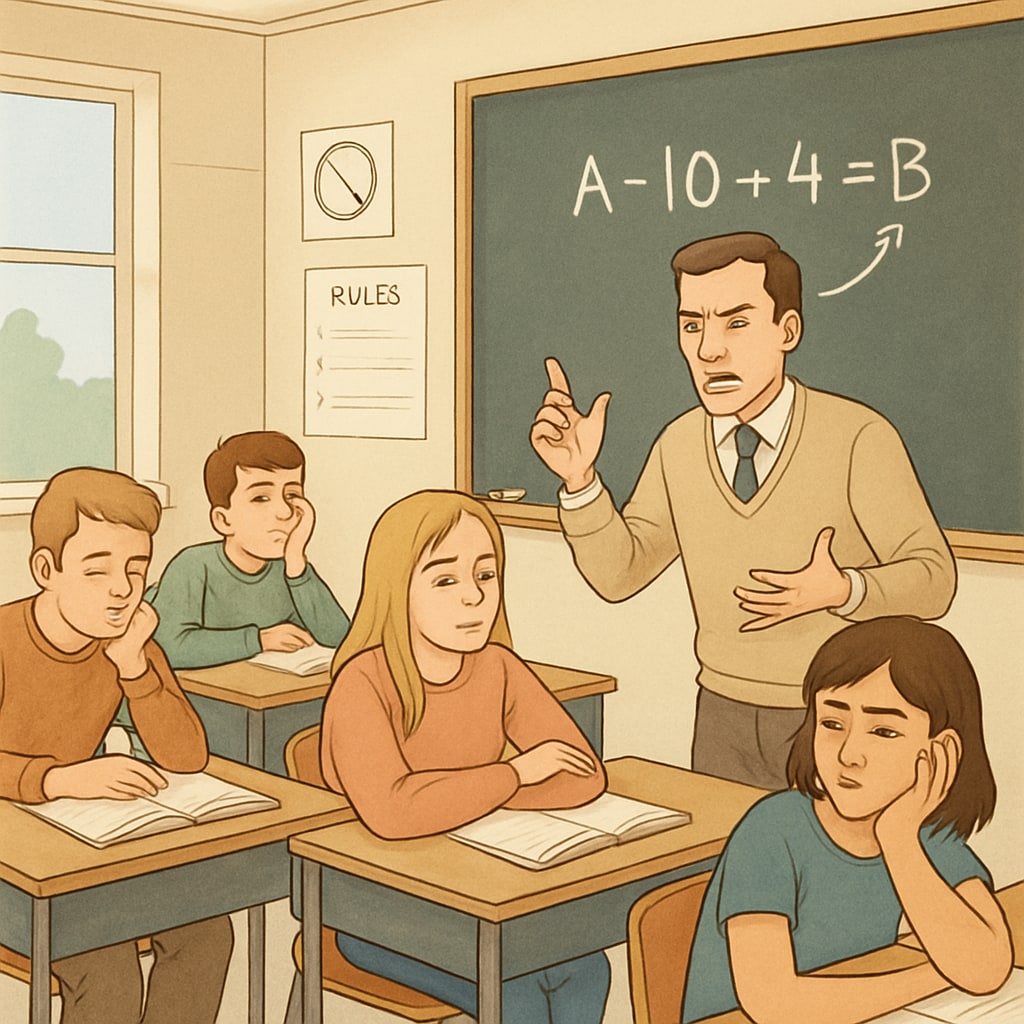In the dynamic educational environment of Chicago’s South Side schools, a seasoned teacher faces a profound professional dilemma involving an inept academic supervisor. This conflict between professional expertise and administrative authority affects the classroom, potentially jeopardizing education quality and student development. Teachers are often at the forefront of shaping young minds, but when their efforts are stifled by inadequate leadership, the ripple effects are felt by students, colleagues, and the broader school community.
The Clash Between Professionalism and Authority
The tension between a teacher’s professional knowledge and the authority of an academic supervisor often stems from misaligned priorities. For instance, while teachers prioritize student outcomes and innovative teaching methods, supervisors may focus on administrative protocols or external appearances. When an academic supervisor lacks the skills, experience, or vision required to support effective teaching, conflict is inevitable.

One common scenario involves supervisors imposing outdated or ineffective teaching methods despite evidence-based alternatives recommended by experienced educators. This not only undermines the teacher’s expertise but also limits opportunities for students to benefit from optimal learning strategies. In such cases, the teacher must decide whether to comply with directives or advocate for necessary changes—a decision fraught with risks, including professional repercussions.
Impact on Students and Education Quality
When teachers face professional roadblocks created by inept supervisors, the consequences often extend beyond the individual. Students, who rely on their teachers for quality education, are indirectly affected. For example, rigid administrative policies may restrict teachers from implementing creative lesson plans, reducing student engagement and potentially hindering academic progress.

Furthermore, the morale of teachers frequently suffers in such environments. A demoralized teacher may struggle to maintain the enthusiasm and energy required for effective teaching. Over time, this can lead to burnout, higher turnover rates, and a loss of institutional knowledge—all factors that diminish the overall quality of education within the school.
Navigating the Conflict: Strategies for Teachers
While the challenges are significant, there are strategies that teachers can employ to navigate conflicts with inept supervisors:
- Document Concerns: Keeping a record of incidents and decisions that negatively impact education can help teachers present evidence-based arguments to higher authorities.
- Seek Allies: Collaborating with other educators can build a network of support, making it easier to advocate for changes collectively.
- Professional Development: Engaging in further training or external certifications can strengthen a teacher’s credibility when challenging ineffective leadership.
- Open Communication: Attempting constructive dialogue with supervisors can sometimes resolve misunderstandings and lead to mutually beneficial solutions.
Teachers must carefully balance their advocacy for student needs with the risk of alienating their supervisors. In extreme cases, escalating concerns to district-level administrators or exploring alternative career opportunities may become necessary.
Conclusion: Striving for Better Leadership
The professional challenges faced by teachers under inept academic supervisors highlight the need for better leadership training and support within schools. Supervisors who understand and respect the expertise of their teaching staff can foster a collaborative environment that benefits everyone, especially students. By addressing these conflicts, schools can ensure that educational quality and student development remain the top priorities.
Ultimately, this issue calls for systemic changes in how academic supervisors are selected, trained, and evaluated. When leadership and professionalism align, the entire school community thrives.
Readability guidance: To ensure accessibility, this article uses concise paragraphs, active sentence structures, and common vocabulary. Key ideas are summarized using lists and supported by transitional phrases such as “however,” “in addition,” and “as a result.”


